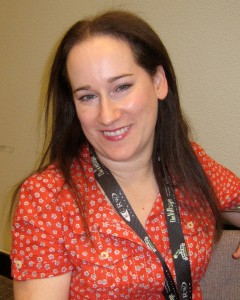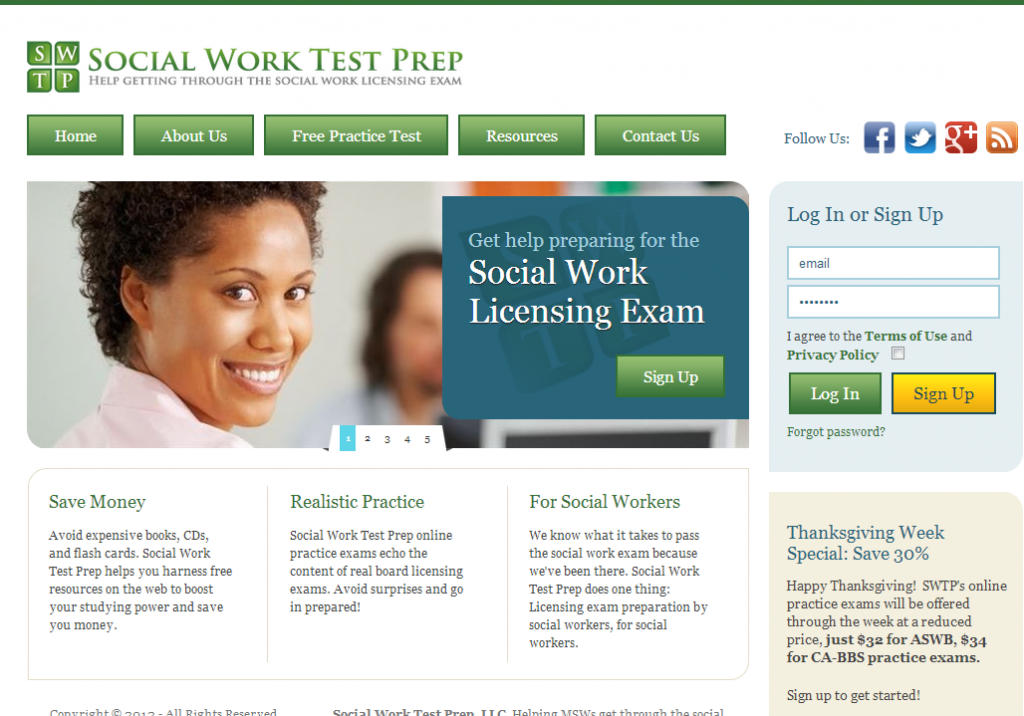
What’s your background? What do you do now?
Before becoming a psychologist, I was doing computer consulting and had been fairly immersed in online culture since the early 90’s. I also had interests in sexual health and behavior and had worked previously at the National AIDS Hotline. I went to graduate school for my Psy.D. in 1996 with the dream of working in college mental health and working with students around issues of sexual behavior and identity. I’ve spent eight years working in college mental health, and started my private practice two years ago. Now, I’m doing private practice full-time and I work with a lot of sexual minority clients (LGBT, poly-identified, kink-identified) on a variety of issues including anxiety, depression, relationship concerns, and sometimes sexual issues. I see individuals and couples in my practice. I also offer consultation and trainings to other mental health professionals on managing a professional presence on social media and also in working with sexual minority clients.
What’s been your approach to managing your social media presence?
After starting my private practice in 2008, I wanted to use social media for marketing purposes, but I found it problematic to use my personal accounts to do this since I did not want to lead clients back towards my personal life. In February of 2009, I created my professional Twitter account which felt like a big relief. I was able to take up space online in a completely professional way and keep my personal tweets confined to a locked and private account. Shortly after this, I also created a Facebook Fan page for the purpose of experimenting with Facebook ads. I have opted to keep my LinkedIn profile non-public since I would prefer for people not to be able to browse my contact list. But I do participate in LinkedIn discussions and groups.
Mostly my approach to social media is to participate when I’m moved to do so. I blog when I have a topic I feel passionate about. I tweet when I read things that interest me. And I try to interact a reasonable amount without it pulling me away from other activities. I share things when they excite me and I love finding other people’s resources that are valuable to pass along.
How did you get to 16,000 twitter followers and how does your Twitter/social media presence affect your practice?
Twitter lists categories of suggested users and I found myself listed in their Health category this year. After that, my follower count jumped up a great deal. It’s hard to say how Twitter alone affects my practice. I have never had a new client say they found me through Twitter. Most of my followers on Twitter live in different cities or different countries. I think Twitter expands my reach globally, rather than locally, which is good for helping to establish my reputation and letting other people know about me, but I’m not sure it translates directly into referrals.
However, Twitter has enabled me to connect with other mental health professionals who are passionate about technology and social media. It’s greatly enriched my professional life by leading me to professional collaborations with clinicians in other states and countries who I would not have met before Twitter. Since I love research, writing, and collaboration, this has been of great value to me. I see Twitter as a place for me to engage in professional exchanges with other folks in mental health, although occasionally students and consumers of therapy ask me questions there.
What’s the story behind the Social Media Policy posted on your site?
Last March, I first began to consider therapists encountering client information on the Internet and how that might affect treatment. At that time, it seemed there was a lot of worry from therapists about clients searching for information about them online, but very little being written about what impact it might have on therapy when therapists found client information online. I started developing my research instrument to explore this subject.
In my research proposal I acknowledged that future therapists might need to include items in informed consent such as whether or not they Google their clients and how they respond to interactions with clients online. Through my research and my consultations with other professionals, I began to hear of how many different boundary crossings were occurring via the Internet. This helped me to shape my ideas about what to include in my Social Media Policy.
I saw the Social Media Policy as an opportunity for me to think through my policies and consider why I had adopted them and to articulate this in a language that was understandable to clients. Demystifying the therapy process for consumers has always been of interest to me. I also know that clients might not otherwise know what to expect unless they intentionally or accidentally crossed paths with me online. I believe that in a number of years, all therapists with Internet access are going to have to start including Social Media information in informed consent, and I would not be surprised if the APA addresses this in the near future. I just consider myself an early adopter of the Social Media Policy. But since I think a lot of professionals may not even know where to start, I also wanted to offer this document as a gift to the profession for people to copy, share, or modify to fit their own approaches to clinical care.
Find Keely Kolmes at her website, drkkolmes.com, and on twitter: @drkkolmes. Her Social Media Policy is here.

Leave a Reply
You must be logged in to post a comment.